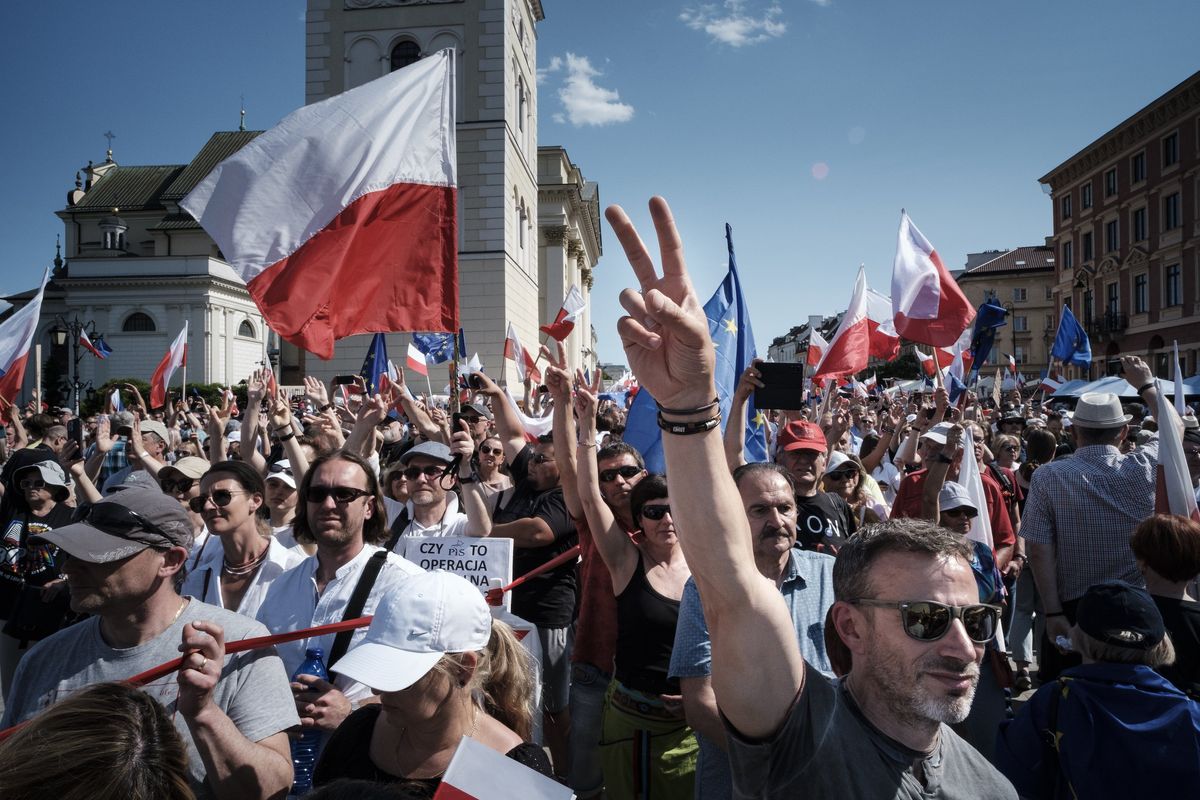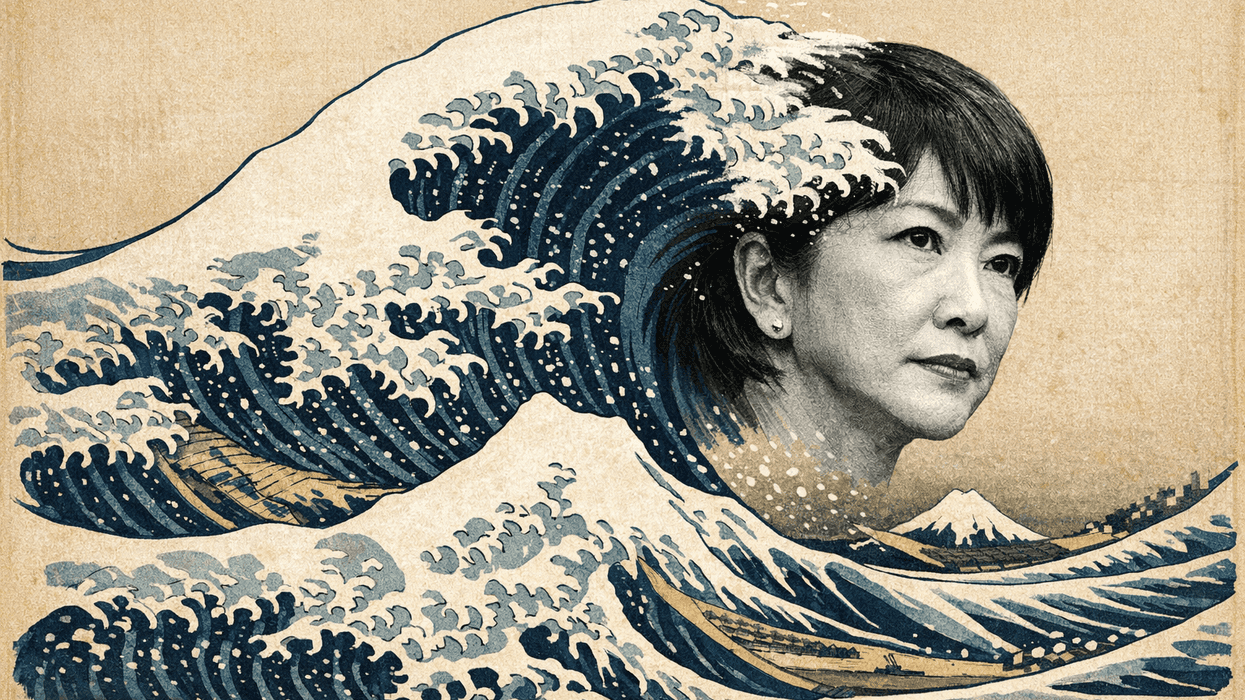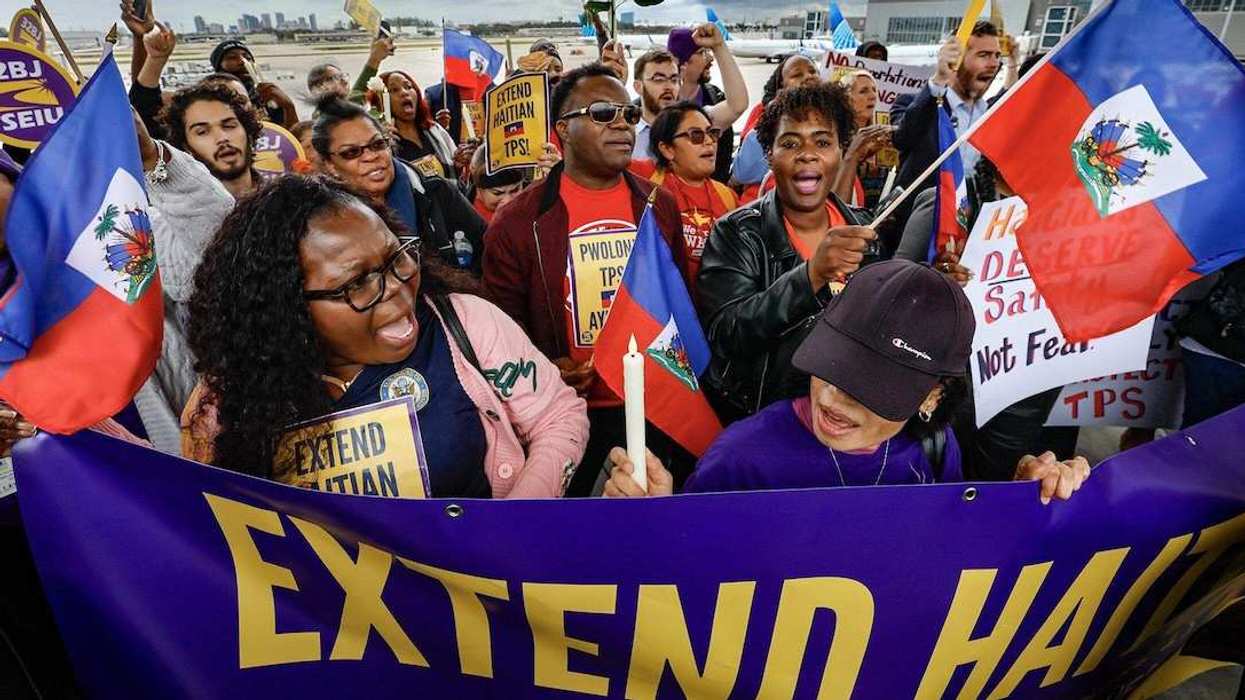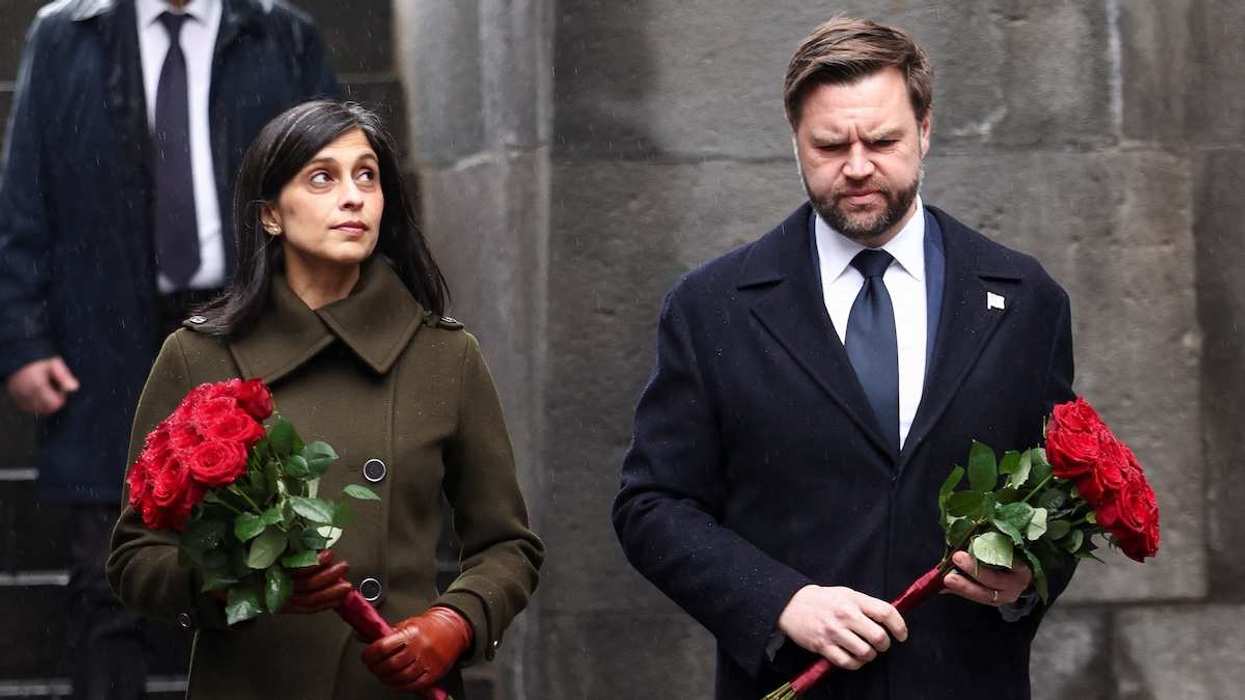Around half a million Poles took to the streets of Warsaw on Sunday to protest the right-wing government of President Andrzej Duda in the largest pro-democracy display in Poland since the end of the Cold War. Thousands traveled from across the country – including some from the conservative heartland – to join demonstrators in the capital, while big rallies also formed in other cities, including Krakow.
The mass gathering coincided with the 34th anniversary of Poland's first post-war democratic election. It also comes just days after Duda’s conservative Law and Justice Party offered to amend a newly passed controversial law rather than scrap it entirely, which many Poles had been demanding.
The government says the legislation is aimed at investigating Russian influence over Polish politics and is crucial for the country’s national security. However, critics say that Duda, who has long been accused of eroding democratic norms, is using it to target opposition forces ahead of this fall’s general election (the date has not yet been set).
Duda has backtracked on an earlier version of the bill that allowed for a powerful committee to issue a 10-year ban from public office for those deemed to have any links to the Kremlin. He has since said that the law would not ban anyone from holding public office and that no lawmakers would sit on the decision-making committee.
Crucially, critics say this scheme aims to target Donald Tusk, a former Polish PM (2007-2014) and European Council president who heads the Civic Coalition bloc, Poland’s main opposition faction. During his time in Polish politics, Tusk strengthened energy ties with the Kremlin – making Warsaw reliant on Russian natural gas exports – and many say Duda is trying to use this new law to prevent the pro-European centrist from challenging him.
What now? Duda might be banking on the fact that anti-Russian sentiment remains sky-high in Poland, but has he gone a step too far with legislation that many see as a blatant attempt to quash his rivals? For now, Law and Justice


















